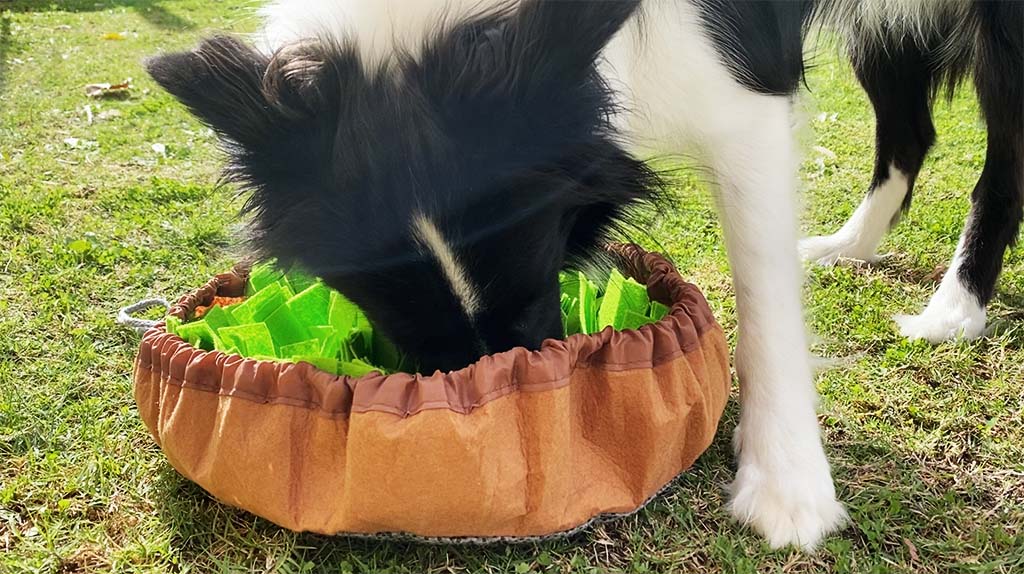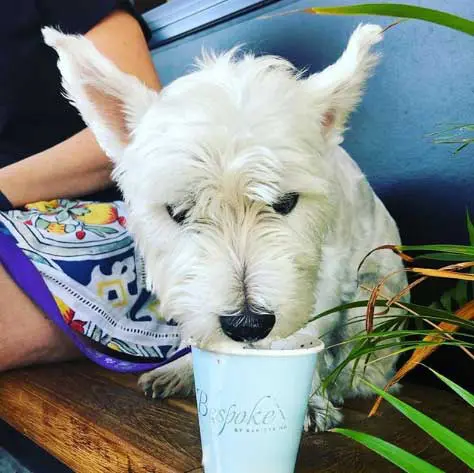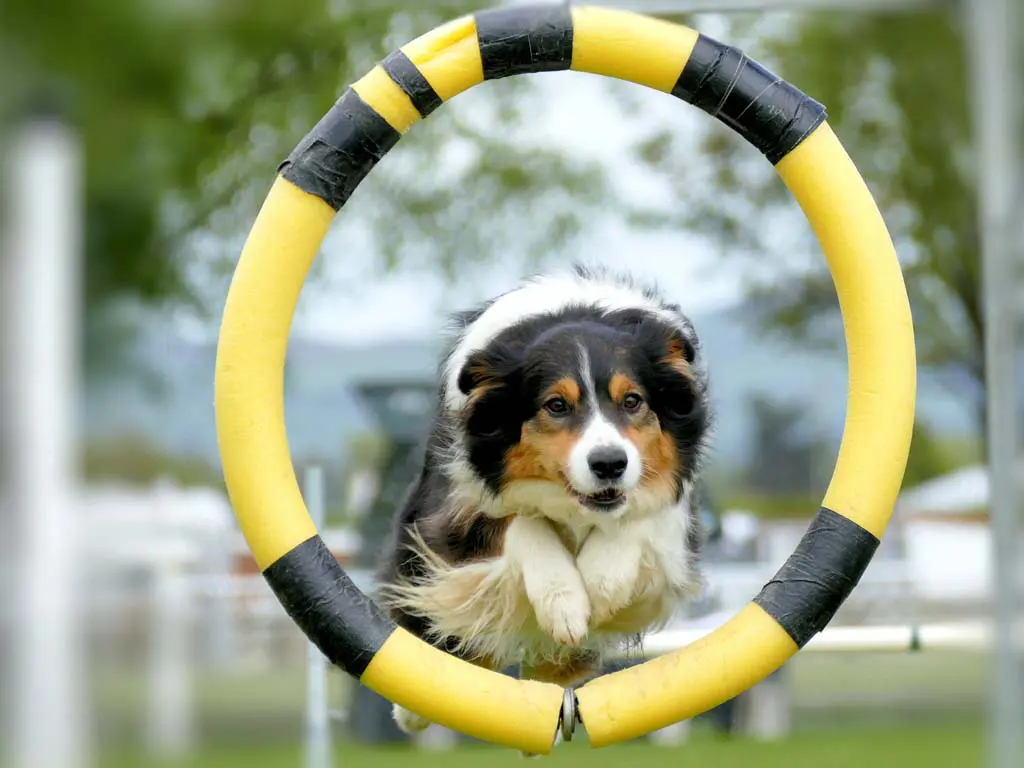Whether you notice it or not, dog training will start on the first day of bringing your dog home.
Dogs learn how to interact by assessing what works and what doesn’t with each interaction. They are great students of human behaviour and draw conclusions based on your actions.
If you’re new to the world of dog ownership, you might be seeking professional help in the form of Dog Training in Australia. It’s a straight forward action to make life with your furry friend as smooth as possible.
But did you know that dog training is an unregulated industry? You can become a dog trainer without any formal qualifications.
Due to dog training being an unregulated industry, there’s a lot of contradictory information out there. It can be a daunting process to find the right trainer, and the more you look into it, the harder it can be to find consensus within the industry. It doesn’t help that anybody can print business cards and charge for their services, regardless of background, education, or experience.
So, how do you evaluate potential trainers before trusting them with your money and your beloved pet? To alleviate some of the confusion, we’ve put together a list of things we believe dog owners should know when looking for dog training in Australia.
Table of Contents
ToggleWhat dog training is the best?
While there’s no single training method that will work for each and every dog, it’s important to know that dominance-based training methods are not scientifically proven to be effective.
There used to be a time, where the common understanding was that dogs are committed to a constant battle of supremacy with family members. Trainers advised families to ‘become the pack leader’ by taking actions such as eating first, walking through doors first, and worst of all pinning the dogs into submission.
This was all based on studies on wolves which have since been revised. We’ve since learned that neither wolves nor dogs live in hierarchical packs in which the aggressive alpha male rules over everyone else. So instead of dominating our pet dogs to get them to behave, it’s better just to be great leaders to our dogs instead.
If you’re wondering what the difference between an alpha and a leader is, it’s that fear does not equal respect. We want our dogs to respect us, but not to fear us. A dog’s behaviour is closely linked to and influenced by emotions. Punishing a dog for unwanted behaviour while not understanding why it’s happening can make things worse instead of better.
Be cautious of old-school dog trainers
Because dog training is an unregulated industry, there are still plenty of ‘old-school’ dog trainers out there who will teach outdated training methods. Using exclusively punishment and fear as training methods does not foster healthy development for your dog.
It’s frustrating that people are taught punishment-based training techniques without realising that they may be making their dogs more unpredictable and dangerous. It’s not hard to make a dog do something through force, but there’s really nothing heroic about physically or emotionally dominating an animal into compliance.
Look for dog trainers using science-backed principles
There’s no one-size-fits-all training protocol that will work the same for each and every dog.
Depending on your individual dog, you may find that a positive-only or balanced dog trainer is most suitable for you.
Both types of dog trainers will have a strong focus on positive reinforcement, however balanced trainers also include aversive consequences into the training if required and deemed helpful.
What makes a great dog trainer?
We’ve put together a few tips that will help you find the right match when looking for dog training in Australia. While there are many different approaches in the industry, the most important thing is that you feel comfortable with your choice.
We understand that it can be a bit overwhelming at the start, and surely all the different ideologies around the topic of training won’t help your decision making. So below you can find some hopefully helpful considerations when looking for a dog trainer.
1. The first impression
This includes the website, social media account, first call, or other information material that the dog trainer will provide you with to explain their approach to training.
If they offer lots of information on their background, education, principles and pricing in a transparent way, it’s generally a good sign.
However, do not rely on the first impression of a brochure or website alone. Once you’ve evaluated the content and decided it’s a good match, arrange for a face to face meeting to discuss what training could look like.
If you like everything up to this point, make sure your dog is on board too. It’s important that both you and your dog feel comfortable with the dog trainer.
Sometimes you just won’t ‘click’, and that’s okay. It will be all the more rewarding once you found a dog trainer both you and your dog are 100% comfortable with.
2. Willingness to train the entire household
Consistency is key to effective training, so good trainers will usually strongly suggest that the whole family is on board to follow the same strategies. They will also ask questions about your home and living circumstances, so that they can set realistic training goals.
3. Flexible dog training options
Every dog is different, and a trainer should always be able to modify the dog training to the individual needs and characteristics of a dog. If you don’t feel comfortable with a particular method, you should be able to address this openly. General statements such as ‘you have to do it that way’, ‘your dog is dominant’, or ‘you must be the alpha’ should not be part of the vocabulary of a good dog trainer.
4. Have good people skills
Dog trainers need to be fantastic communicators, to dogs as well as humans. No matter how great the trainer is with your dog, you’re the one who will need to continue the training eventually. That’s why you want to look for someone who you feel comfortable with.
Someone who will listen to you and explain any questions you might have in an easy to understand way. A good dog trainer also won’t play blame-games, but will rather explain any occurring issues in a factual manner.
5. Providing client references
Good dog trainers have nothing to hide, so there’s nothing wrong in asking to talk to previous clients about their experience.
6. Take a full behavioural history of your dog
Many trainers will ask you lots of questions about your dog’s background. That’s important so that they can more quickly and effectively identify root causes and implement a positive training protocol. All dogs are different, so training needs to be adapted for their individual needs and requirements.
7. No false promises
Sustainable behaviour modification takes time and can never be guaranteed, so be cautious of trainers who make unrealistic promises.
Choosing between group classes and private dog training lessons
Whether a private lesson or group classes are better for you and your dog needs to be decided according to your dog’s individual needs.
If you have a puppy, do that puppy group class as it’s a fantastic opportunity for early socialisation. You will get to meet other dog owners, and the classes will include some basic obedience exercises. You will also have the opportunity to ask any questions you might have.
If you have an older dog, it depends on a variety of factors, whether you should do a group class or opt for a private session.
If you have a reactive dog, it’s best to ask the dog trainer for advice. Sometimes small classes work, but other times, reactive dogs will need private sessions instead.
Private training usually involves the dog trainer coming to your house for a lesson. These sessions are best for behavioural problems because the trainer comes to you and sees the dog in their typical environment. They will develop a plan for your dog and will do some training while at your house. In between sessions, you usually get some homework to practice. With private training, you have time that is dedicated to you and your dog instead of having to share the trainer with others.
Where can you find good dog training In Australia?
Choosing the right dog trainer is an important decision, so please take time to do your research. You can start by asking your Vet for recommendations, and if you feel like it’s necessary, you can consult a Behaviourist Vet specifically (List of Behaviour Vets across all states in Australia).
Getting a puppy? Check out our helpful Puppy Checklist to keep track of everything you may need for the big day.
























